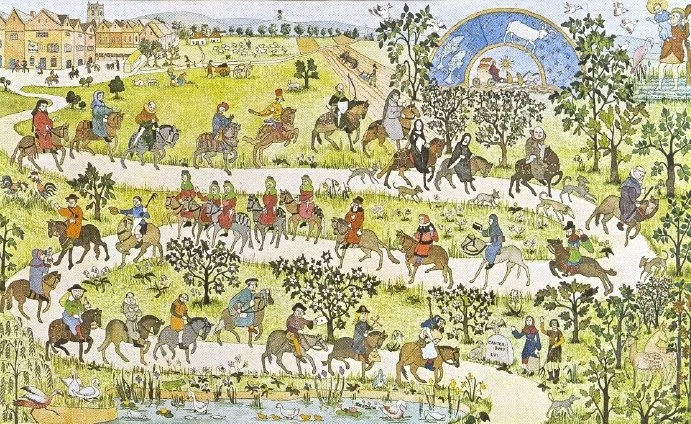A Sermon for Proper 25 (Year C)
“God, thank you. Thank you that I’m not like those people—the misers, the slackers, the people who only show up on Christmas and Easter. I’m here every Sunday. I sacrifice my time to serve the community. I pledge to the stewardship campaign every year, and I know I give more than half of these people ever will. So God, thank you.”
This is what the first man in today’s Gospel might sound like if he were standing here now.
The implicit antisemitic bias in Western Christianity might make us hear ‘Pharisee’ and think: “Ah, this is a story about Christianity vs. Judaism—Faith vs. Works.” But that’s not really what’s going on here. For one thing, both of the characters in the story are Jewish. This Pharisee’s problem isn’t that he’s an observant Jew. He prays! He fasts! He gives a full 10% of his wealth to God! These are all really good things—things that God commands and calls us to again and again in the words of Scripture.







